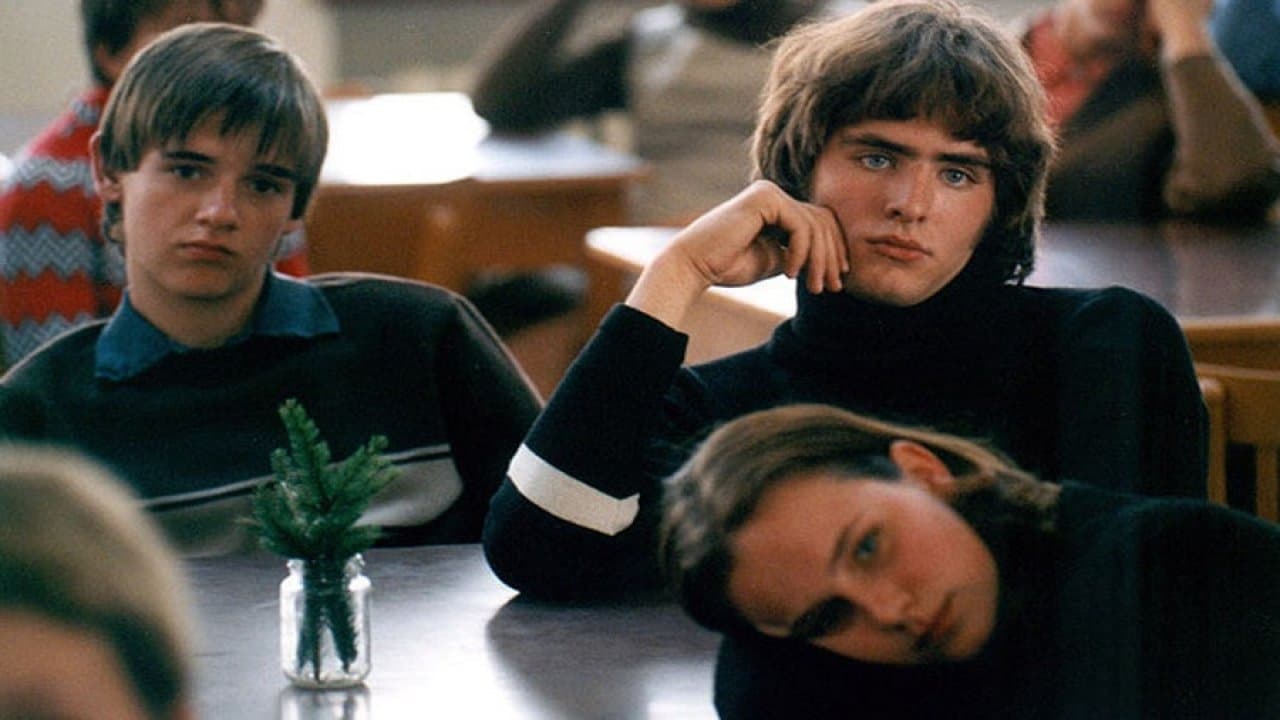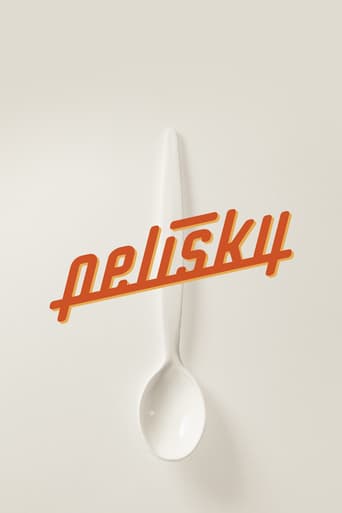

Cosy Dens (1999) is the ironic name given to the film that was called Pelísky in Czech. The movie was directed by Jan Hrebejk. Two families are celebrating Christmas in the same apartment house during the Prague Spring. The father of one family is patriotic and anti-Russian. The father of the other is an army officer, and pro-Russian. The basic plot revolves around the relationships between these families. Clearly, the families symbolize two aspects of Czech society in 1968--some refused to accept the Soviet occupation, and denounced it when they could. Others turned the occupation to their advantage.The movie has several plot threads. The two fathers argue constantly. The young son of one family loves the daughter of the other. (It's not Romeo and Juliet--his love is unrequited.) An aunt hopes to find a husband, but her son and her bad luck get in the way.It's interesting that even the army officer's family celebrate with a traditional Christmas. It's very interesting--at least to a non-Czech--that the families keep a live carp in the bathtub, which is apparently a traditional aspect of the Czech Christmas.The film is not just a comedy. It is a symbolic representation of the tensions of the Czech people, who must adapt to the fact that Russia controls their destiny. They don't know--but we know--that the Prague Spring will come to an end not through liberation, but through the roar of the Warsaw Pact tanks rolling through Prague.There's a long shot of birds in a cage near the end. The presenter of the film made the symbolism clear. The birds have enough food and water to survive, but the central fact of their existence--like that of the Czechs--is that they are not free.Seen as part of the outstanding Alan Lutkus International Film Series at SUNY Geneseo. The film is on DVD, and was projected onto the large screen. It will work on the small screen as well.
... View MoreWatching this movie at the Wellington International Film Festival, surrounded by emotional ex-patriot Czechs is an experience I will always remember and treasure.The film details life during the Prague Spring, leading up to the Russian invasion. The humor is very Czech, and splendidly so. The ending reminded me of exactly why the Politician is the lowest form of life on the planet.Go see this movie wherever and whenever you can.
... View MoreI have just seen the Australian premiere of this wonderful Czech film at the Sydney Film Festival. Jan Hrebejk takes us back to the months preceding the ill-fated Prague Spring of 1968. It is a most entertaining black comedy from start to finish. Hrebejk is up there with Menzel and Forman and I eagerly await to see his next film.
... View MorePrague in 1968 prior to the Soviet invasion. The setting is ideal for a political drama, but Czech artists prefer to make a comedy with political background. The action takes place in a house, where families from different political camps (pro-communist vs. anti-communist) live together. The story is told in such a warm, witty and funny way that it immediately resembles the golden years of Czech movie industry in the 70's and 80's. This movie was a tremendous hit on the local Czech market, unfortunately it has never reached my country (Poland). I've had a chance to see it only on the Warsaw Film Festival. It's sad but all the time distributors prefer to show s****y Hollywood cheesy-style romances or action packs, instead real-value movies. Definitely one of the movies of 1999 IMHO. The same goes for other Czech movie - "Return of the Idiot" (Navrat Idiota) - watch out for Czechs, they are on the right track again.
... View More